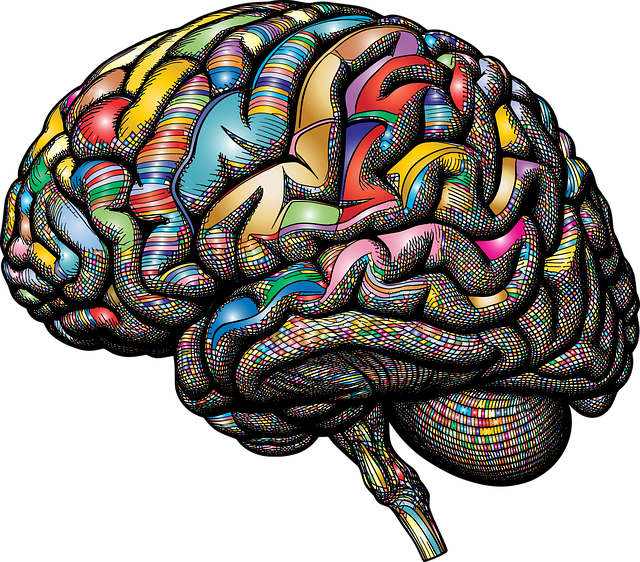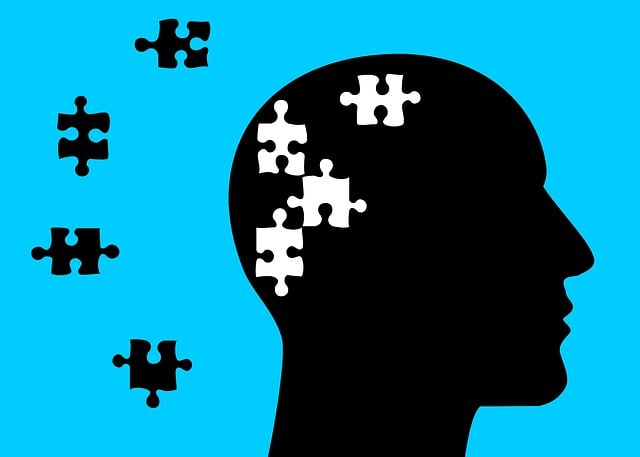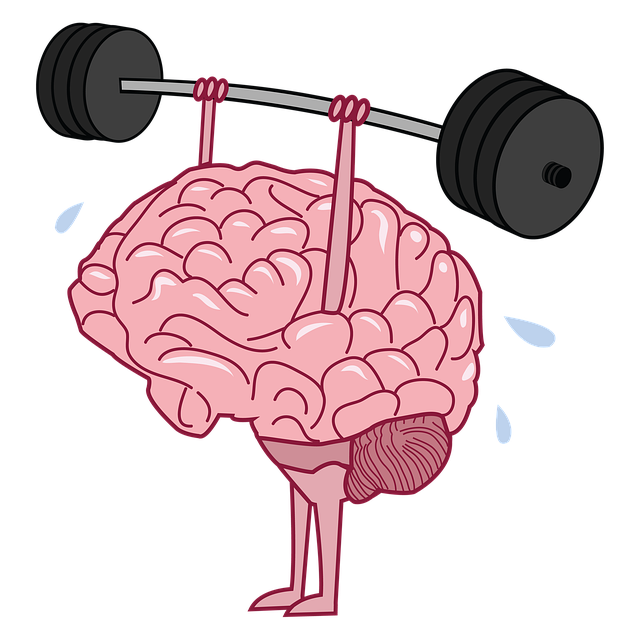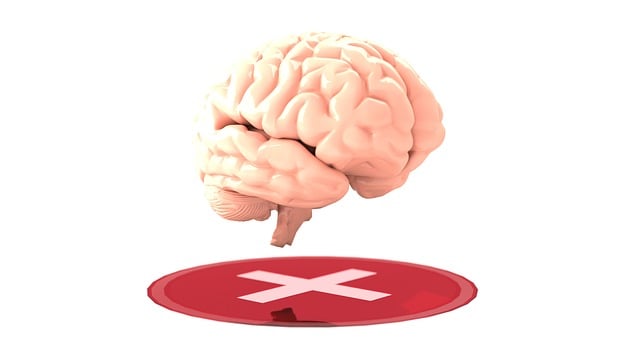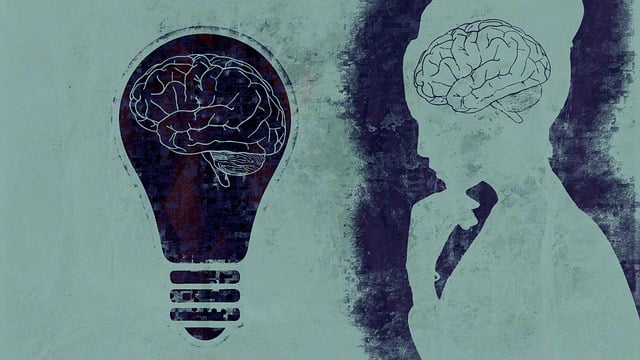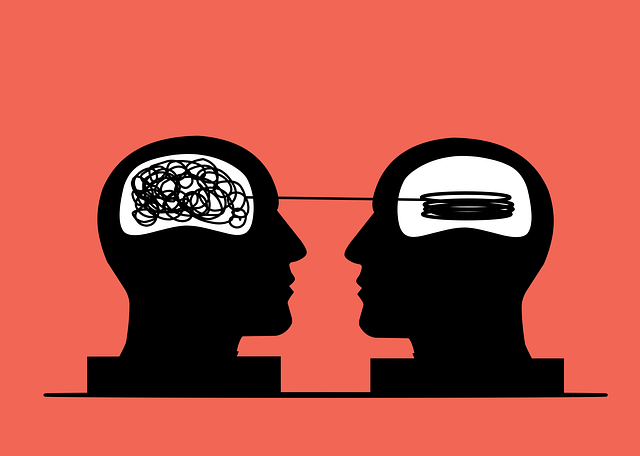The text highlights the detrimental impact of stigma on mental health, acting as a barrier to care and support. It emphasizes how societal negative attitudes lead to discrimination, isolation, and hinder help-seeking behaviors. Broomfield Therapy for Therapists-Clinicians addresses this issue by educating professionals to destigmatize mental illness through empathetic practices like Positive Thinking and Mindfulness Meditation. The strategy involves creating safe spaces, challenging community stigma, and implementing depression prevention initiatives. Ultimately, these efforts aim to foster a culture of mental wellness, making Broomfield Therapy more accessible and supportive for all.
Mental illness stigma remains a significant barrier to access and quality mental health care. This article explores strategies aimed at reducing stigma, focusing on understanding its profound impact and the crucial roles therapists and clinicians play in fostering inclusive communities. We delve into evidence-based practices, such as Broomfield Therapy techniques, that empower professionals to challenge stigma effectively. Additionally, we discuss community-oriented approaches to create a more supportive environment for those facing mental health challenges.
- Understanding Stigma and Its Impact on Mental Health Care
- The Role of Therapists and Clinicians in Reducing Stigma
- Effective Strategies for Challenging Stigma in Community Settings
Understanding Stigma and Its Impact on Mental Health Care

Stigma surrounding mental illness is a significant barrier to individuals seeking necessary care and support. It often manifests as negative attitudes, beliefs, and stereotypes that can lead to discrimination and social isolation. This stigma can have profound effects on an individual’s willingness to disclose their struggles, access treatment, and maintain a sense of self-worth. Understanding the impact of this societal issue is crucial for mental health professionals like those at Broomfield Therapy for Therapists-Clinicians.
The consequences of stigma are far-reaching. It can prevent people from discussing their emotional experiences openly, hindering their ability to connect with supportive networks and access evidence-based therapy such as self-awareness exercises and mental wellness coaching programs. Moreover, it contributes to the development of unhealthy coping mechanisms in an attempt to hide or suppress emotions. Through education and awareness campaigns, professionals can guide individuals through emotional healing processes, fostering a more compassionate and inclusive environment that encourages seeking help without fear of judgment.
The Role of Therapists and Clinicians in Reducing Stigma

Therapists and clinicians play a pivotal role in reducing the stigma surrounding mental illness. Through their interactions with clients, they can challenge societal norms and misconceptions by demonstrating empathy, understanding, and non-judgmental attitudes. Educating both patients and the wider community about mental health conditions is a key aspect of this process; therapists can dispel myths and provide accurate information, fostering a more inclusive environment.
Broomfield Therapy for Therapists-Clinicians encourages the adoption of practices like Positive Thinking, Mindfulness Meditation, and Stress Reduction Methods to not only improve their own well-being but also to teach these techniques to their clients. By integrating these evidence-based strategies into therapy sessions, professionals can empower individuals to manage their mental health proactively, further reducing the associated stigma.
Effective Strategies for Challenging Stigma in Community Settings

Stigma reduction efforts in community settings play a pivotal role in fostering an environment that supports and understands mental health challenges. One effective strategy is Broomfield Therapy for therapists and clinicians, which equips professionals with tools to challenge stigma through empathetic communication. By integrating this approach into their practices, therapists can create safe spaces where individuals feel comfortable discussing their experiences without fear of judgment. This, in turn, encourages open conversations about mental health, thereby enhancing Mental Health Awareness.
Additionally, engaging in Depression Prevention initiatives and Confidence Boosting programs within communities can significantly contribute to stigma reduction. These activities not only educate people about the signs and symptoms of common mental illnesses but also promote early intervention. By breaking down misconceptions and providing platforms for sharing experiences, communities can build resilience and foster a culture that embraces mental wellness, ultimately leading to more inclusive and supportive settings for everyone, including those seeking Broomfield Therapy services.
Mental illness stigma is a significant barrier to effective mental health care, but through concerted efforts, we can create a more inclusive society. By understanding the pervasive impact of stigma and its root causes, therapists and clinicians can play a pivotal role in reducing it. Implementing evidence-based strategies in community settings further reinforces these positive changes. Broomfield Therapy for Therapists-Clinicians offers valuable insights and tools to challenge stigma, ultimately fostering a supportive environment where individuals can access the care they need without fear of judgment.

